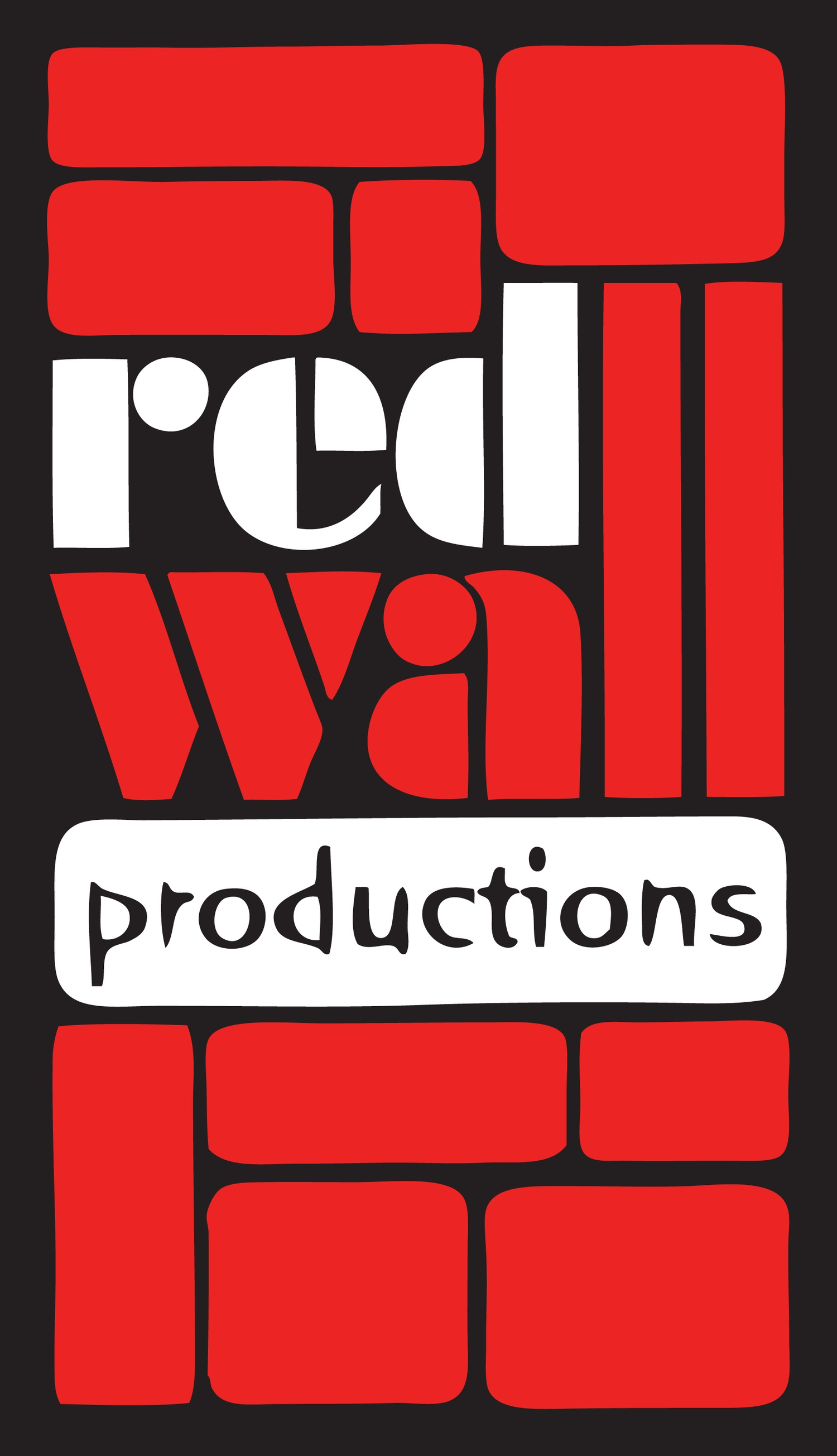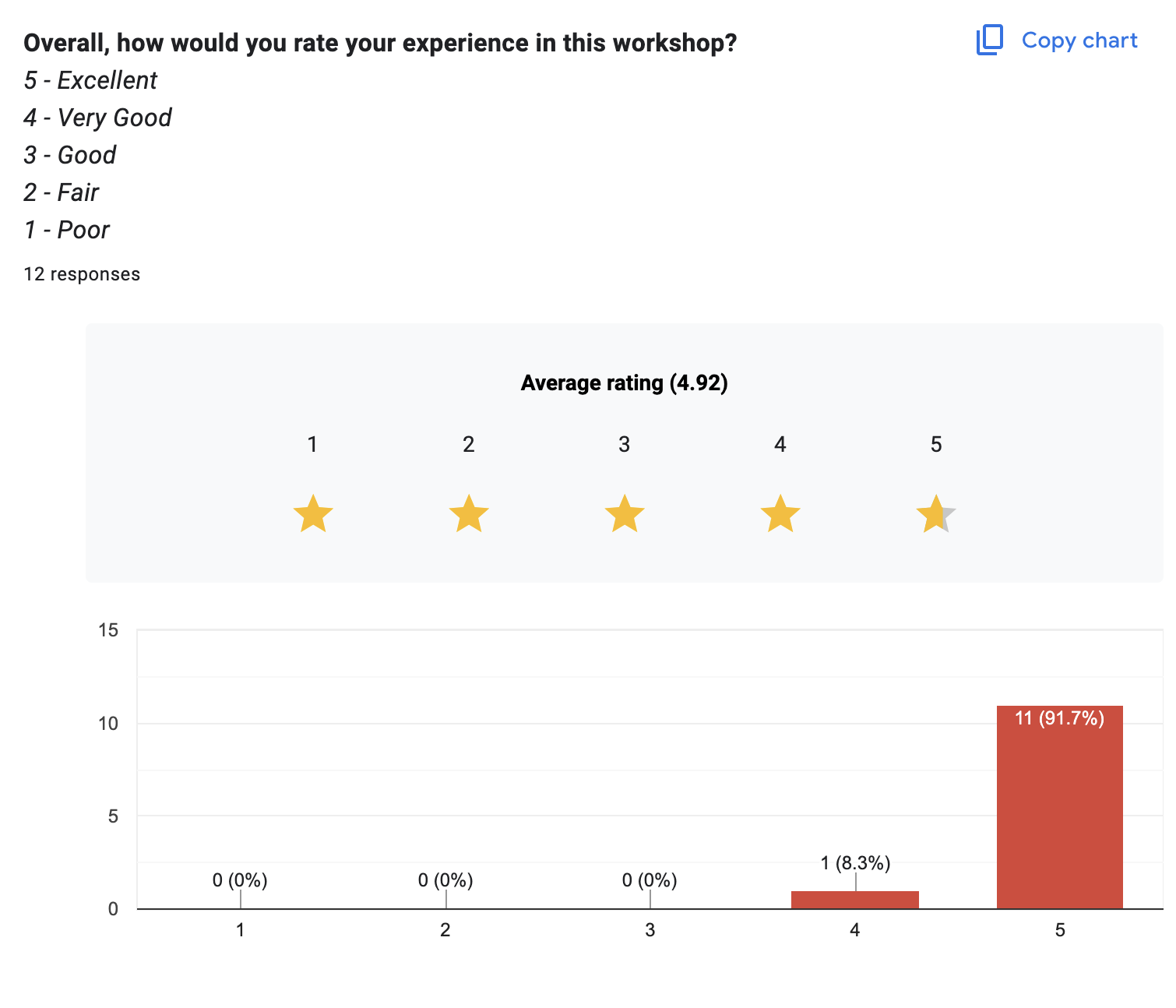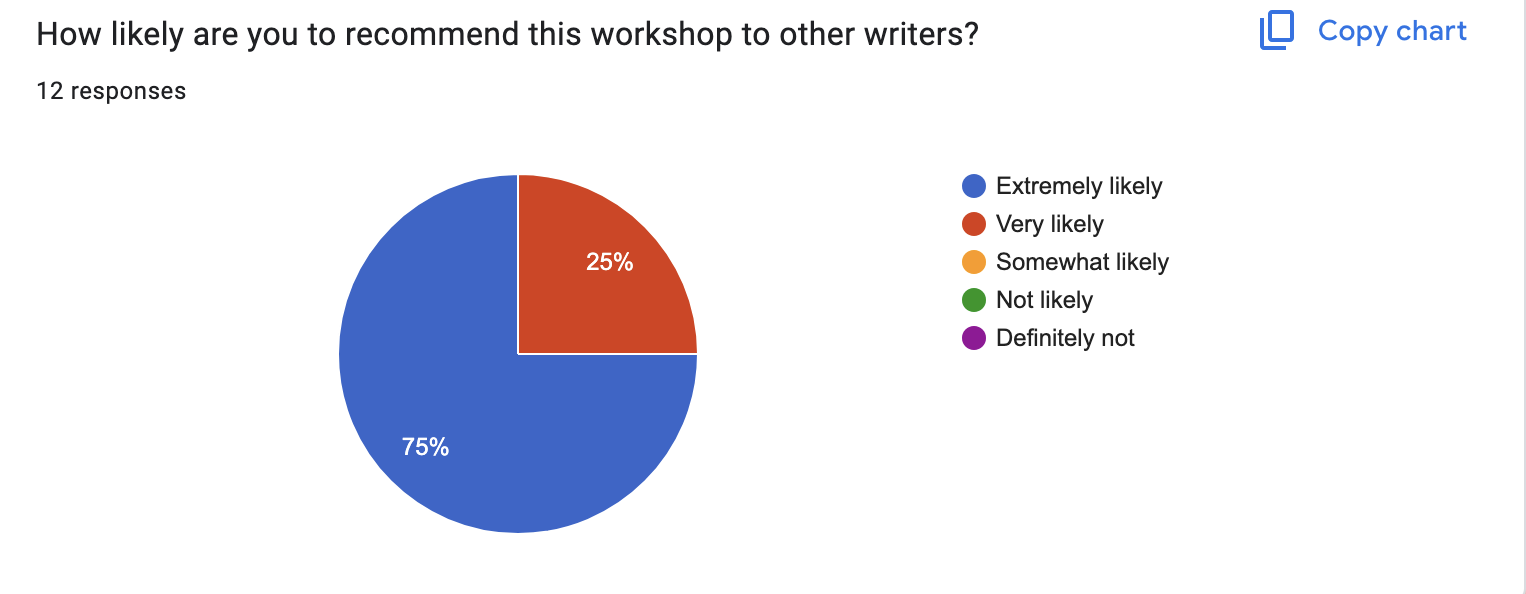Voice on the page
with
Craig T. Williams
due to my writing obligations, I’ll be head writer on a TV show. This Lab has been postponed until Spring 2026.
Crafting an original TV pilot without support or guidance is one of the cruelest things the industry asks writers to do. It's the BIGGEST gatekeeper scam there is.
Writing a TV pilot can be compared to asking your local butcher to perform brain surgery. My butcher is good with that knife, but he can't remove a tumor.
It’s the kind of challenge that can take the passion out of your work, leaving you flailing and frustrated. And NOT WRITING.
Not writing becomes your status quo.
That loud fool in your head keeps telling you - “you can’t write, it’s gonna suck.”
You can’t find the time in your schedule.
Bills, work, and pretty much everything else stops you from writing.
You know your script needs fixing, but you don't know how.
You write by inspiration and you can’t remember the last time you were inspired.
If this is you - Read on!
Writing a TV pilot requires precision, deep understanding, and mastery in many areas. You need much more than just an idea.
You need:
A compelling concept or hook.
Original, memorable characters.
A clear and concise logline.
A unique angle: What makes your show different from others?
A familiar angle: What makes your show like other shows?
To write dialogue that sparkles.
To create an emotional experience.
To have VOICE ON THE PAGE!
We're asked to do this with little guidance and ain't nobody paying us to do it... YET!
There is a way to participate in a creative, safe, nurturing environment where you can speak your ideas, write your story and develop a clear actionable plan.
I’m excited to introduce to you:
Voice On The Page:
A Six Week TV Pilot Lab
This 6-week intensive is for screenwriters ready to take their storytelling to the next level. It is strongly recommended that you have some writing experience for this class. Authors, Playwrights and screenwriters welcome! This will be a dynamic, collaborative lab for writers who have work under their belts and are ready to sharpen their voice, deepen their characters, and shape a standout TV pilot.
There are only 8 spots.
Through weekly writing deadlines, personalized feedback, and guided analysis of structure, tone, and world-building, you'll gain the tools to to turn your idea into a compelling, marketable, industry-ready pilot script.
Whether you're polishing an existing draft or starting from a bold new idea, this lab will challenge and support you to create work that reflects your authentic voice.
I’ve designed this course to support your gift and your craft that will make your pilot polished, clear, and undeniable.
Here’s what you’ll get in this LAb
Weekly Deadlines & Accountability
Stay on track with a structured writing schedule and clear weekly goals.
Individualized Feedback
Receive thoughtful, personalized attention to sharpen story, tone, and structure.Development of a Complete TV Pilot
Write or rewrite your original pilot script with support every step of the way.Clarity on Your Voice & POV
Exercises that help define and amplify your unique voice as a writer.Outlines!
Learn how to build a pilot from the ground up!Pitch Practice
The Personal Pitch, an effective tool tailored to you learning your voice.Peer Community & Collaborative Environment
Join a cohort of serious, like-minded writers for support, critique, and inspiration.
How I Got Here!
I’m a writer, just like you.
I don’t have a degree in screenwriting.
Or writing period.
I did not go to film school.
I just started writing one day.
I entered EVERY screenwriting contest.
For years - CRICKETS. No responses.
And the notes I got from readers 🤬🤬🤬🤬
Your main character needs to be more likeable.
This isn’t relatable to a mainstream audience.
Don’t use “we see” or “we hear.”
That’s not industry standard, you will never advance as a writer.
I didn’t like the ending.
Action lines should be no longer than 3 lines
Don’t capitalize or underline or bold, it draws attention away from your story.
It was demoralizing. I wanted to “do it right” so I turned to books and classes and websites, but none of them made sense to me.
The writing they wanted me to learn just felt so generic and flat.
So I kept writing. The way I wanted to write.
And then one day a quarter-final win… and then came a semi-final win.
It was the validation I needed to keep going.
And then I was finalist, and I started winning.
Then late one Saturday evening, I’ll never forget this - a call from a manager.
He was forwarded the pilot from a contest I had won.
He told me ”I love your voice.”… I had no idea what that meant.
I kept hearing it - “your voice on the page is really fun, unique, identifiable.”
What is voice? - Great question.
"Voice on the page" refers to the unique personality, tone, and rhythm a writer brings to the script, especially in the scene descriptions (a.k.a. action lines). It’s how you tell the story, not just what you say.
Voice is what makes your scripts rise from the pile. They might not remember your plot, but they'll remember how you told the story.
When I discovered my voice, it gave me the screenwriting career I had been working and writing towards.
Praise from Showrunners and Executives who have read Craig’s work:
Your script was one of the highlights of New York Stage and Film Week - heart, humor and humanity. When at a reading you can can make an audience laugh and cry and think and feel you know there is a gifted writer behind the story.
I am a fan! So keep writing…
- Matt Williams (Creator of Roseanne and Home Improvement)
Craig, your pilot is so good. I'm blown away. You write with so much heart, honesty and specificity...The highest praise I can give a pilot is to say I want to read/see more. And I can't wait to spend more time with these characters and see how this story unfolds.
- Diane Ruggiero-Wright (Showrunner - High Potential and Veronica Mars)
Hey Craig,
I just finished your script and really enjoyed it!
I love the characters and it's such a rich and promising world.
- Gail Lerner (Executive Producer - Blackish, Will and Grace)
CRAIG!
Another great pilot! So funny and rich. Great cast of characters. You did the hard part perfectly -- selling why Abe wants to be a dad with zero creep factor. His complicated history with his father makes him sympathetic and hints at future drama to come.
- Liz W. Garcia (Showrunner - 1st season of P-Valley)
Big Craig! It’s Paul Guyot.
Loved your script. Written with so much confidence. And it is genuinely funny!
- Paul Guyot (Showrunner - NCIS New Orleans)
You’re a very good writer and very smart and have a lot to offer… keep pushing forward
- Chris Sheridan (Showrunner - Resident Alien")
CRAIG! I’m so thrilled to know you. You’re so talented and insightful with so much to say but also clearly such a connector and nurturer of fellow creative people - watching you interact with your colleagues was a joy.
- Alexandra Cunningham (Executive Producer, Desperate Housewives, Physical)
As a writer, Craig has won many fellowships and competitions including:
Snarky Elephant Feature Film Incubator - 2025
Gotham Film and Media - “TV Series Creator to Watch” - 2024
Pitch Black Storyteller Documentary Fellowship - 2024
New York Stage and Film Feature Writers Fellowship - 2023
Warner Brothers Discovery All Access TV Writers Program - 2021
Black TV and Film Collective Producers Fellowship - 2021
IFP Episodic Lab - 2019
American Black Film Festival (ABFF) Best Original Half-Hour Comedy Pilot - 2018
This is the 3rd Lab I’ve conducted. What I hear the most from writers is:
“Nobody ever told me…”
How to navigate the business of writing
How to handle rejection and keep moving forward
The importance of clean, clear sluglines (and what exactly is a slugline?)
Why finding your voice is essential
How to create memorable characters
How to outline your pilot effectively
How to pitch yourself and your TV show
How to deal with writer's block and get unstuck
How to enjoy the process!
I’m gonna tell you!
🚀 It’s a big move. But you are READY.
Join “Voice on the Page”
A 6-week, high-impact lab for TV Writers serious about elevating their craft and launching their voice.
📅 6 Live Zoom Classes
💳 Your Investment:
• $498 (In 2 payments)
or
• $448 one-time payment (save $50)
*To protect every writer’s work, Classes are not recorded.
*BONUS*
As part of the Lab, every writer receives weekly private sessions with Craig. One-on-one time to dive deep into your creative process, your script, and your career goals. Each private session is tailored to what you need most, and can focus on topics like:
🧭 Career + Strategy Guidance
Attracting agents or managers.
Navigating festivals, labs, fellowships.
✍️ Story + Script Support
Untangling structure or scene problems.
Getting real-time feedback on scenes or outlines.
Clarifying your show’s engine and long-term potential.
💥 Creative Confidence + Mindset
Overcoming blocks or imposter syndrome
Getting unstuck from perfectionism or burnout
Reconnecting with your voice and why you write
And yet ANOTHER BONUS!
💡 The Value You Receive
6-week group Lab (worth $1,200)
5 private one-on-one sessions with Craig (worth $625)
Bonus 2-Month Check-In Session - 1hour consultation (worth $375)
(Bonus read of your pilot and feedback.)
Total Value: $2,200
👉 Your investment for EVERYTHING - $498
Results from the anonymous survey sent to past TV Pilot Lab participants.
11 Excellent, 1 Very Good
Which topics or exercises did you find most valuable? 12 responses
The personal pitch
The writing “fire drills.” Made me realize that I can write at a drop of a hat. I wasn’t great, but it was execution that I could build from. Make sharper.
Creating outlines, practicing pitches, and writing prompts.
I loved the classmate chats, cold readings, and getting/giving feedback. I LOVED having a chance to meet one-on-one with Craig, that was extremely valuable
Discussion of structure and reading and reviewing people's writings.
The lesson on voice and character wants. I also enjoyed the personal pitch exercises.
I definitely enjoyed this second go-around of the workshop. We were able to explore everyone’s work and give feedback. I also loved that we were able to work on our pitches.
The positive way questions or critiques were offered and the outlining process. I also loved the list of terms.
One-on-One meetings outside of class
All of them, including crafting our writer's pitches.
Finding voice. I thought the pace and structure of workshop was perfect.
I find that repetition helps me A LOT. No matter how much I know or think I know, having it drilled unto me over and over really helps me move forward. So, being reminded of things like Character wants / motivations, act structure, etc., despite writing for years, is weirdly helpful and comforting. Maybe reaffirming?
9 Exceeded expectations, 3 met expectations
What was the most helpful feedback you received?11 responses
"I am already in show business" Also one person said that they didn't know how much they needed my show.
Be clear! lol!
To begin/end every scene with an action that is emotional.
When he connected me with an industry professional and she offered feedback. Also, I liked the content related to voice and components of a pilot
paring down my scope of story to center who the show is about.
The most helpful feedback I received from the course was identifying my characters want and the voice.
That I AM a good writer.
Every character who enters a scene needs POV, attitude, and something to contribute.
The "why." I feel like I got more clarity on what that question means for my pilot towards the final sessions.
Show them who the fuck you are… but leave plenty of space for them to be ok being who they are.
Condense, condense, condense. I'm a wordy, descriptive writer. My favorite writers are wordy, descriptive writers. But I need to be less Tolkien and more Hemingway.
9 Extremely likely, 3 Very likely





